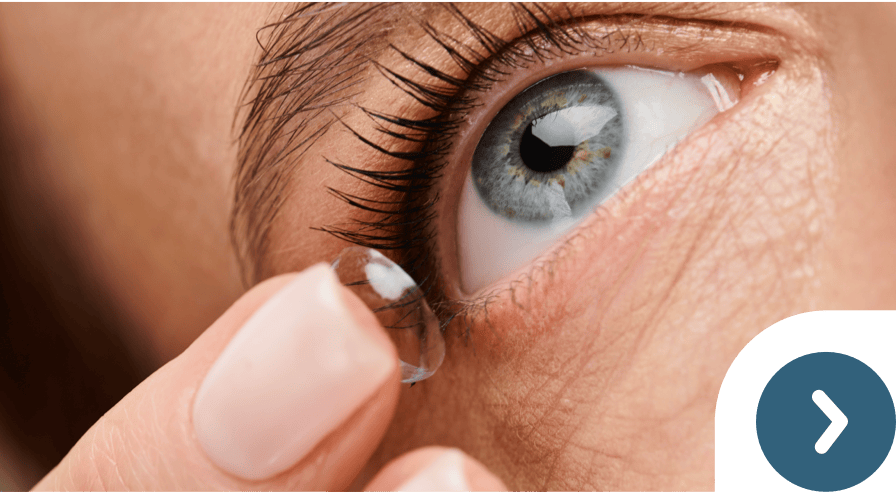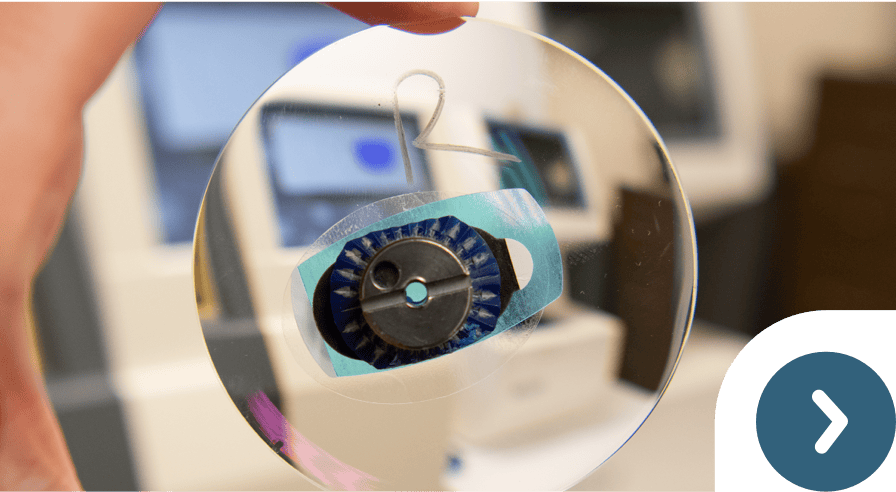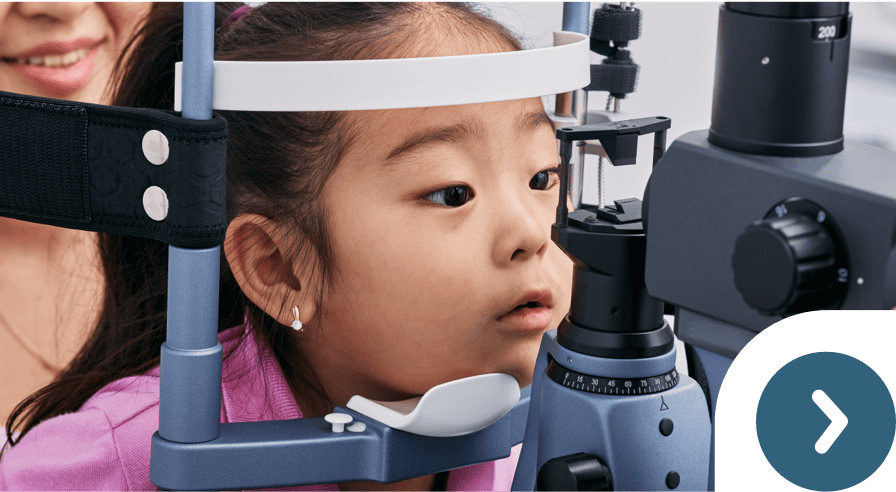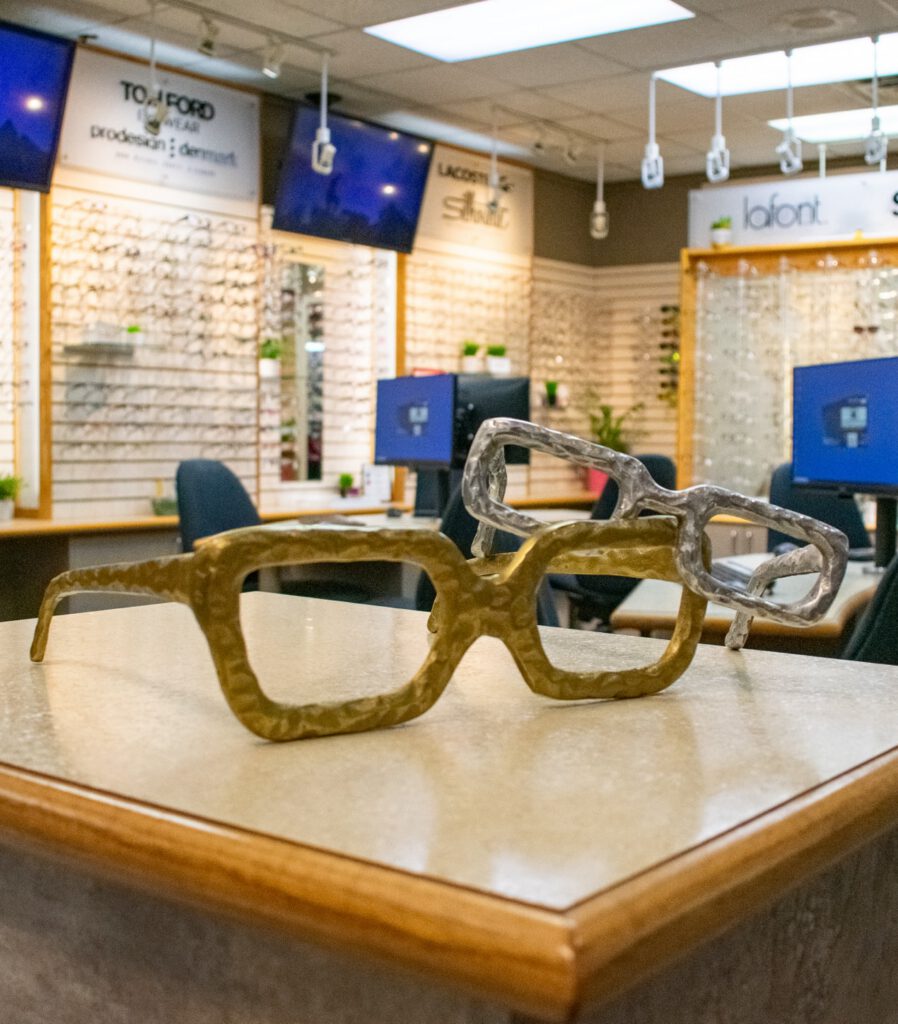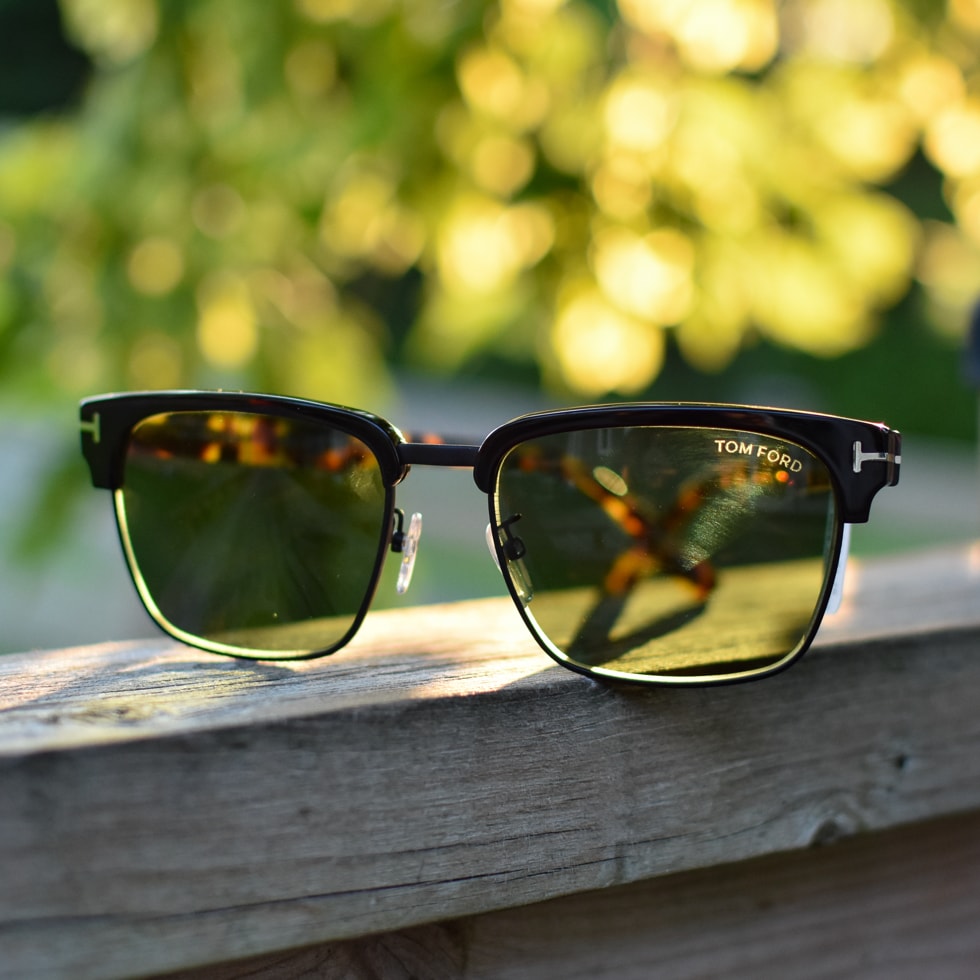Many people who require vision correction choose to wear contact lenses. This choice may be because they find them more comfortable, want a wider range of clear vision, or prefer the aesthetics going frameless grants them.
If you’re one of those who decided to go with contact lenses, you may already know the basics. Your optometrist will need to fit your contact lenses for your eyes, and you’ll need to take care of them. This care is important, as contact lenses can wear out over time and need to be replaced.
Types of Contact Lenses
Regarding contact lenses, 2 main types tend to come up: soft and rigid gas permeable (RGP).
Soft contact lenses tend to be more comfortable initially as they form your eye’s cornea (the clear front dome). Many daily wear contact lenses are disposable, where you throw them out every night, while others are replaced anywhere from each week to each month.
Despite their name, RGP contact lenses are still reasonably flexible while remaining more durable than soft contact lenses. In addition, they provide sharper vision and tend to be a better option for people with astigmatism.
How long contact lenses last depends on the type and how well they are cared for.
How can Contact Lenses Expire?
When we say contact lenses expire, you’re not going to see them turn brown or begin to curdle. Contact lenses are delicate pieces of medical wear that need to remain sterile to stay safe. So when contact lenses expire, what we’re typically talking about is contamination.
Soft Contact Lenses
Soft contact lenses are designed to hold onto moisture to prevent the lens from drying out. Unfortunately, this feature also makes them act like a sponge in absorbing the natural protein and lipid deposits from our eyes. Over time this will not only make your contact lenses less effective, but it could also eventually form bacteria that can lead to an eye infection.
You should watch unopened packs of contact lenses as well. They’re sterilized before being sealed in an airtight blister pack with a saline solution. This seal keeps them safe from the elements for as long as it holds. Generally, this is about 4 years from the date of manufacture. This saline solution can become a breeding ground for bacteria if this seal fails.
It’s important to keep an eye on the expiration date printed on the side of the packaging. This date is the manufacturer’s best guess at how long the seal will remain airtight. As well, it’s possible after this date that the saline solution could become more acidic or alkaline, or it could’ve even dried out, potentially damaging the lens.
Rigid Gas Permeable (RGP) Contact Lenses
RGP lenses are designed to last longer than soft contact lenses. They’re more resistant to any build-up of proteins or lipids and so tend not to have expiration dates. While they typically don’t “go bad”, they still need to be cared for to prevent bacteria growth. A well-maintained pair could last a few years.
Don’t Forget Your Prescription
While RGP lenses don’t expire in the same sense as soft contact lenses might, there is one last way both these contact lenses could “go bad.” Your prescription could change.
Contact lens prescriptions should be evaluated regularly—as your eyes continue to change, there’s a chance your current lenses aren’t accurately correcting your vision. The Canadian Association of Optometrists recommends prescriptions be valid for no longer than 2 years.
Even if you think everything seems fine and your contact lenses are in good shape, a regular eye examination is key to maintaining good eye and vision health.
What Happens if I Wear Expired Contact Lenses?
First of all, don’t fret. It can happen from time to time, and the best thing you can do if you notice that the contact lenses you are wearing are expired is to remove them as soon as possible. Most of the time, there won’t be any harm if caught soon enough.
Don’t over-wear contact lenses, either. Soft contact lenses are only designed to be worn for a limited time. Overwearing contact lenses can result in a buildup of lactic acid in the cornea, leading to swelling and possible infection.
Symptoms of an Eye Infection
If you want to make sure your eyes the only thing your eyes have been contacting are your lenses, keep a watch for these symptoms:
- Blurry vision
- Eye pain
- Light sensitivity
- Redness
- Excess tearing or discharge
- The feeling of something in your eye
These could indicate an eye infection. See your eye doctor as soon as possible if you have any of these symptoms.
Caring for Your Contact Lenses
Here are some general tips for caring for your contact lenses and avoiding eye infections:
- Wash your hands thoroughly with soap and water before handling your contact lenses
- Use the appropriate disinfecting solution for your contact lenses, as prescribed by your eye care professional
- Store your contact lenses in the proper storage case and replace the case at least every three months
- Follow the recommended wear schedule for your contact lenses, which may be daily, weekly, or monthly
Worrying if your contact lenses are safe to wear should not be the thing keeping you up at night. If you have any questions at all about the proper care of your contact lenses, contact our team at Westmount Optometrists.


